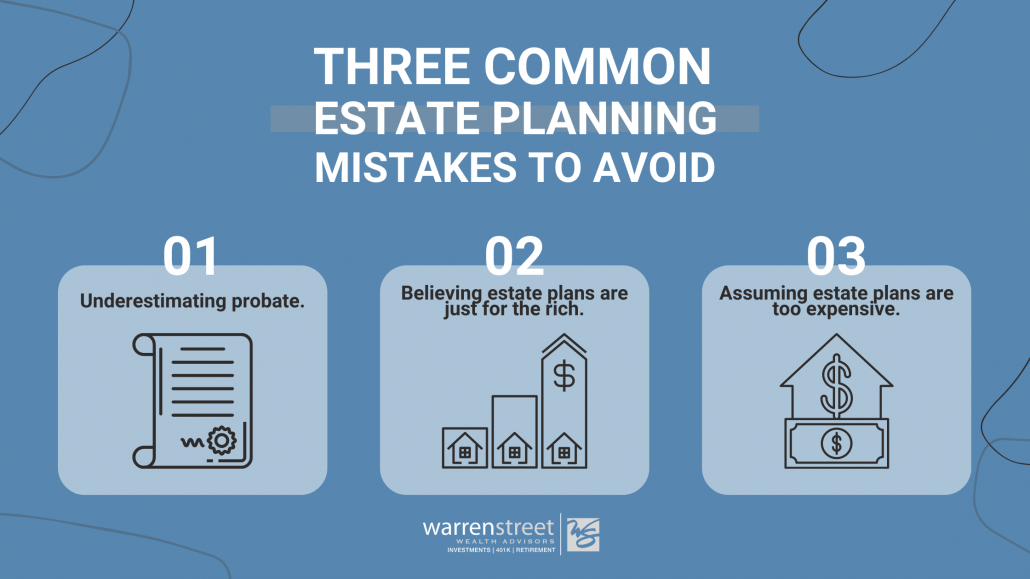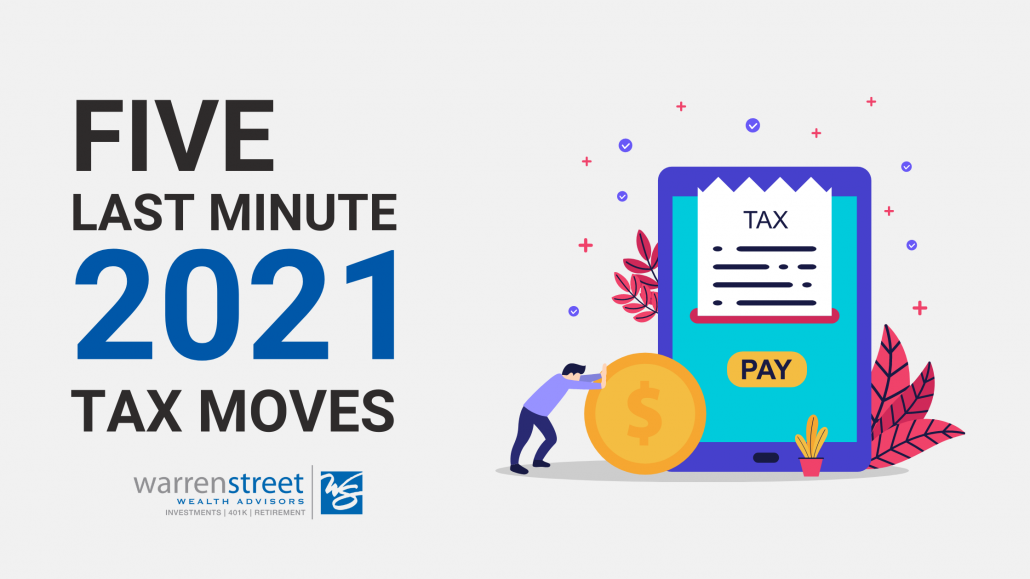Financial Quick Takes: Making Mistakes
Nobody wants to make investment mistakes. And yet, we’re human; mistakes happen. Here’s how to minimize the ones that matter the most, and make the most of the ones that remain.
Bad Decisions vs. Bad Outcomes
First, let’s define what we’re talking about:
Investment mistakes happen when you make bad decisions, regardless of whether the outcome is good or bad.
Bad decisions are the ones a rational investor would not make. For example:
- Failing to spread your risks around: Concentrating in too few securities, instead of diversifying across many, and many types of investments.
- Confusing speculating with investing: Chasing or fleeing hot trends, instead of structuring your total portfolio to capture expected market growth over time.
- Taking on too much or too little investment risk for your circumstances: Investing too conservatively or too aggressively for your financial goals and risk tolerances.
- Overlooking taxes: Spending more than necessary to participate in the market’s expected long-term growth.
- Succumbing to harmful behavioral biases: Acting on gut feel over rational resolve.
These common investment mistakes share a recurring theme: By making wise decisions about that which you can control, you can best prepare for that which you cannot.
Damage Control
Consider auto insurance as an analogy with similar controllable choices and random risks. From hail storms to hit-and-runs, misfortunes happen. They are not your fault; they are not your mistake. But you insure against them anyway, since they can still generate a substantial loss.
You also do all you can to minimize your “at fault” errors. You don’t drive while impaired. You keep your vehicle in safe repair. You observe traffic laws. None of these sound decisions guarantee success, but they appreciably increase the odds you’ll remain accident-free.
As an investor, you can take a similar approach:
Mistake-free investing does not guarantee success. Rather, it improves your odds for happy outcomes, while softening the blow if misfortune strikes.
It’s worth noting, even if you make all the right investment decisions for all the right reasons, random misfortune can still strike. If it does, it would be a mistake to decide your prudent investment strategy was to blame. It would be an even worse mistake to abandon that strategy because you’ve encountered the equivalent of a market hit-and-run. This would be like dropping your insurance coverage because it didn’t prevent the accident to begin with.
The Upside of Making Investing Mistakes
“I’ve failed over and over and over again in my life. And that is why I succeed.” — Michael Jordan
As just about any star athlete will tell you, the path to success is paved with errors. The same can be said about investing. The occasional misguided decision may even be good for you as an investor—especially if it’s made when the stakes are smaller and time is on your side.
The point is, if you’ve made investment mistakes in the past, don’t beat yourself up over them, or make more mistakes trying to “fix” the past (such as deciding you’ll never invest again after being burned by the market). Often, your best move is to identify which investment mistakes were involved, embrace the lessons learned, and give yourself permission to move on.
Admittedly, if you made an investment that didn’t pay off as you hoped for, it may be hard to know just what went wrong. Was it you, the whims of the market, or both?
Among our chief roles as a financial advisor is to help you sort out investment errors from market misfortunes, so you can move forward with greater resolve. Sometimes, this means adjusting your portfolio to reflect evolving personal financial goals or targets. Often, it means convincing you to stay the course with your already-solid plan. Either way, your future is not yet written. Reach out to us today if we can help you make the most of your next steps.

Warren Street Wealth Advisors
Warren Street Wealth Advisors, LLC., a Registered Investment Advisor
The information presented here represents opinions and is not meant as personal or actionable advice to any individual, corporation, or other entity. Any investments discussed carry unique risks and should be carefully considered and reviewed by you and your financial professional. Nothing in this document is a solicitation to buy or sell any securities, or an attempt to furnish personal investment advice. Warren Street Wealth Advisors may own securities referenced in this document. Due to the static nature of content, securities held may change over time and current trades may be contrary to outdated publications. Form ADV available upon request 714-876-6200.









